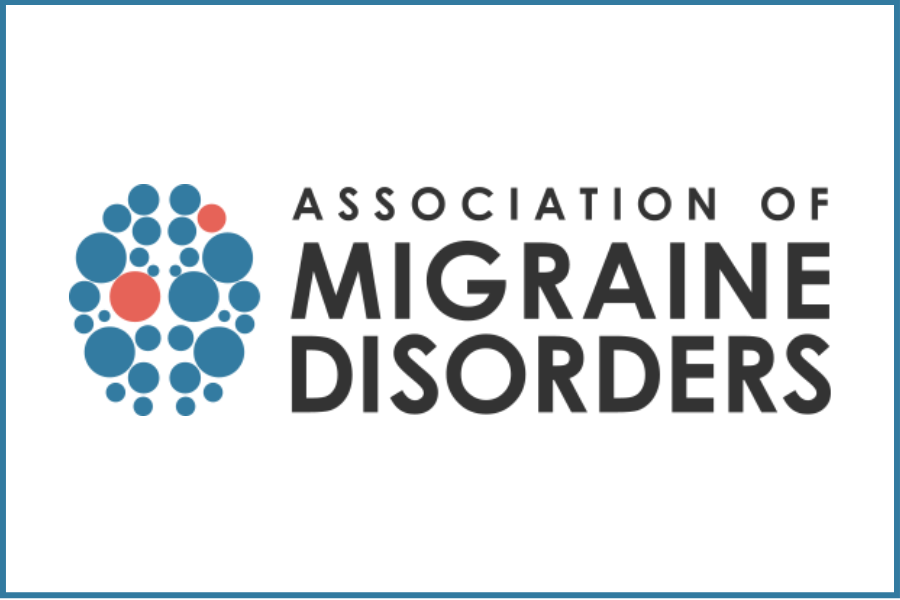Juggling Multiple Conditions With Migraine
You are currently watching a preview of this interview. Unlock the full version by upgrading to an Access Pass bundle! Get FREE access to 8 expert interviews from Day 1 and Day 2 when you register today!
Key Questions
- Why is it important to notify the doctor who’s treating your migraine of all of your other health problems?
- How common are comorbid conditions in people with migraine?
- What are the most common comorbid conditions in people with migraine?
- Are there some conditions that have a relatively low incidence of occurrence but a high correlation with migraine?
- Is endometriosis more common in women with migraine than in women without migraine?
- How do researchers determine whether migraine is causing a symptom, such as insomnia, or if it is triggering migraine attacks?
- How does a physician determine if a patient’s comorbidities are correlated with migraine or caused by migraine?
- Is migraine sometimes related to a history of trauma or PTSD?
- Is there a link between migraine and concussion?
- Is Raynaud’s syndrome a comorbid condition, or are cold hands and feet just a symptom of migraine?
- Is depression a cause or an effect of migraine?
- Can migraine medication cause depression?
- Is there a causal link between migraine and anxiety?
- How do you determine if GI problems are a symptom of migraine or a side effect of medication?
- How common is constipation as a side effect with the CGRP medications?
- Does chronic pain increase migraine comorbidities?
- What is the link between migraine and stroke/cardiovascular issues?
- Are there any treatment synergies for migraine and its comorbidities?
- Are there any treatments that are contraindicated for people with certain comorbidities?
- What acute migraine medications are recommended for people with heart issues?
Interview Notes

Rebecca C. Burch, MD, FAHS
Assistant Professor of Neurology
University of Vermont Larner College of Medicine
Dr. Burch is a fellowship-trained, board-certified headache medicine specialist at the University of Vermont Medical Center, where she also serves as fellowship director. Dr. Burch received her M.D. from the University of Massachusetts Medical School and completed her neurology residency at Boston Medical Center. Having a family history of headache, she was drawn to headache medicine for its psychosocial component and the opportunity it presents to develop longitudinal relationships with patients. She completed a fellowship in headache medicine at Harvard Medical School/Brigham and Women’s Faulkner Hospital prior to joining the faculty and later serving as fellowship director.
She has served on the board of directors of the American Headache Society and the Headache Cooperative of New England, where she also served as educational co-director. Dr. Burch also serves as an associate editor for the journal Neurology, overseeing general neurology papers including those on headache, pain, and traumatic brain injury. Her research interests include headache epidemiology, preventive treatment of migraine, and women’s health.
Interviews from Rebecca C. Burch, MD, FAHS
Tension Headache or Migraine? Differences and Misdiagnoses
Juggling Multiple Conditions With Migraine

Purchase full access to the entire 2024 Summit to unlock:
- All expert interviews with separate audio (MP3) files & transcripts
- 30 extended, uncut interview editions with hours more expert footage
- Lifetime on-demand access with no annual fee to 2024 Summit
- Interview Summaries
- Treatment Directory & Guidelines
- And much more!
Related Talks for: Day 7 (2021)
Understanding Treatment Failure and Options
Simona Sacco, MD
Fighting Migraine With Food and Nutrition
Belinda Savage-Edwards, MD, FAAN, AQH
When Migraine Starts or Stays in Your Neck
Sait Ashina, MD
The Association of Migraine Disorders (AMD) is devoted to expanding the understanding of migraine disease and its true scope. Migraine is a full body condition with a broad spectrum of symptoms, AMD is focused on including many medical specialties in the management of this disease.
Kellie is a concussion and migraine patient advocate who returns as a Summit interviewer in addition to her roles coordinating social media and online courses.







